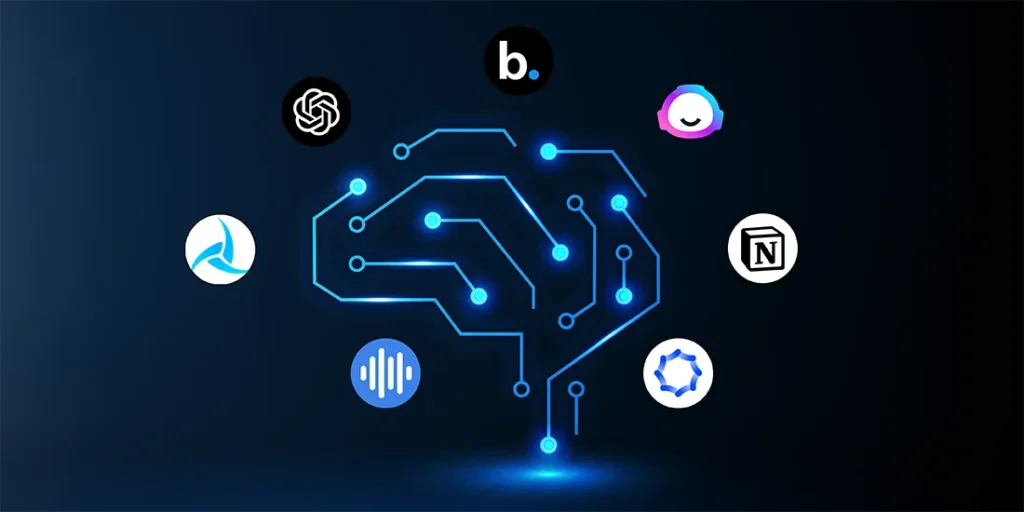
The way we create and consume content is shifting faster than ever. For years, marketing success depended on consistency, keyword research, and a little creativity. But now, the game has changed: artificial intelligence is no longer just a shiny trend, it’s becoming a real partner in the content process.
Still, here’s the truth: relying on AI alone won’t cut it. The real magic happens when human creativity and AI efficiency work side by side.
Why Purely Human-Driven Content Isn’t Enough Anymore
Think about how much content floods the internet every day. Competing against that noise requires:
-
Publishing consistently at scale
-
Optimizing for SEO with precision
-
Staying on top of shifting search algorithms
For most brands, especially small businesses and startups, that’s a tall order. Even the most talented writers can only produce so much content without burning out.
Why Purely AI-Generated Content Isn’t the Answer Either
On the flip side, completely outsourcing your blog posts or product descriptions to AI can backfire. AI-generated text often lacks:
-
Authentic storytelling
-
Brand personality and tone
-
Real-world insights that connect with audiences
Search engines are getting better at spotting generic, unhelpful writing. If you’re only pumping out AI content, you risk blending into the background.
The Winning Formula: Human + AI Collaboration
Instead of asking, “Can AI replace writers?” the better question is, “How can AI support writers?”
Here’s how smart marketers are using AI right now:
-
Drafting foundations: AI can quickly produce outlines, topic ideas, and rough drafts that save hours.
-
SEO optimization: Many AI tools analyze keywords, readability, and search intent—helping writers fine-tune for rankings.
-
Editing & scaling: AI can suggest rewrites, improve clarity, and adapt content for multiple platforms.
That frees humans up to focus on what machines can’t replicate: storytelling, strategy, and brand voice.
Best Tools to Make It Work
Not all AI tools are created equal. Some are better for short-form copy (like ads and emails), while others shine at long-form SEO content. If you’re wondering which platforms actually deliver, check out this guide: 10 Best AI Writing Tools for SEO Content You’ll Wish You Knew Earlier.
It’s a breakdown of the most effective tools today, with insights on how each can fit into your workflow, without replacing your creativity.
The future of content marketing isn’t about humans vs. AI, it’s about building a workflow where both complement each other. AI handles the time-consuming groundwork, while people bring the vision, emotion, and originality that truly resonate.
If you can strike that balance, your brand won’t just keep up, you’ll stay ahead.



